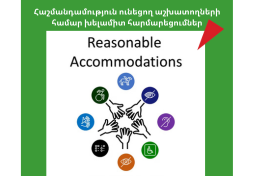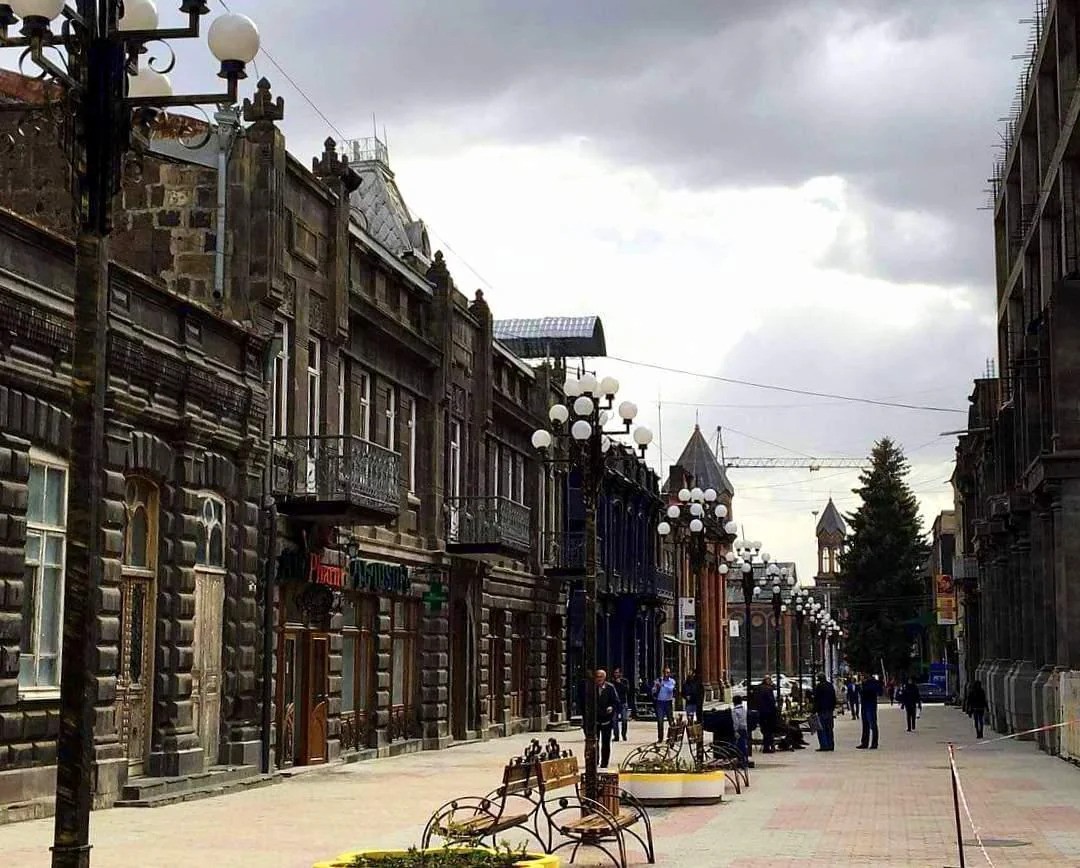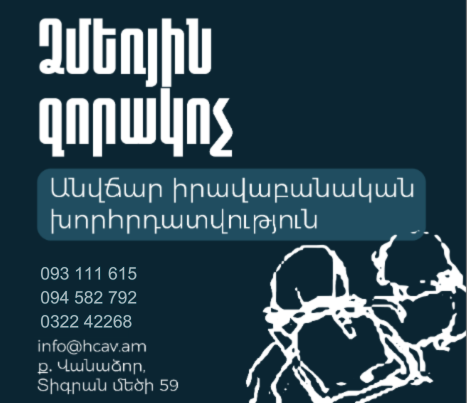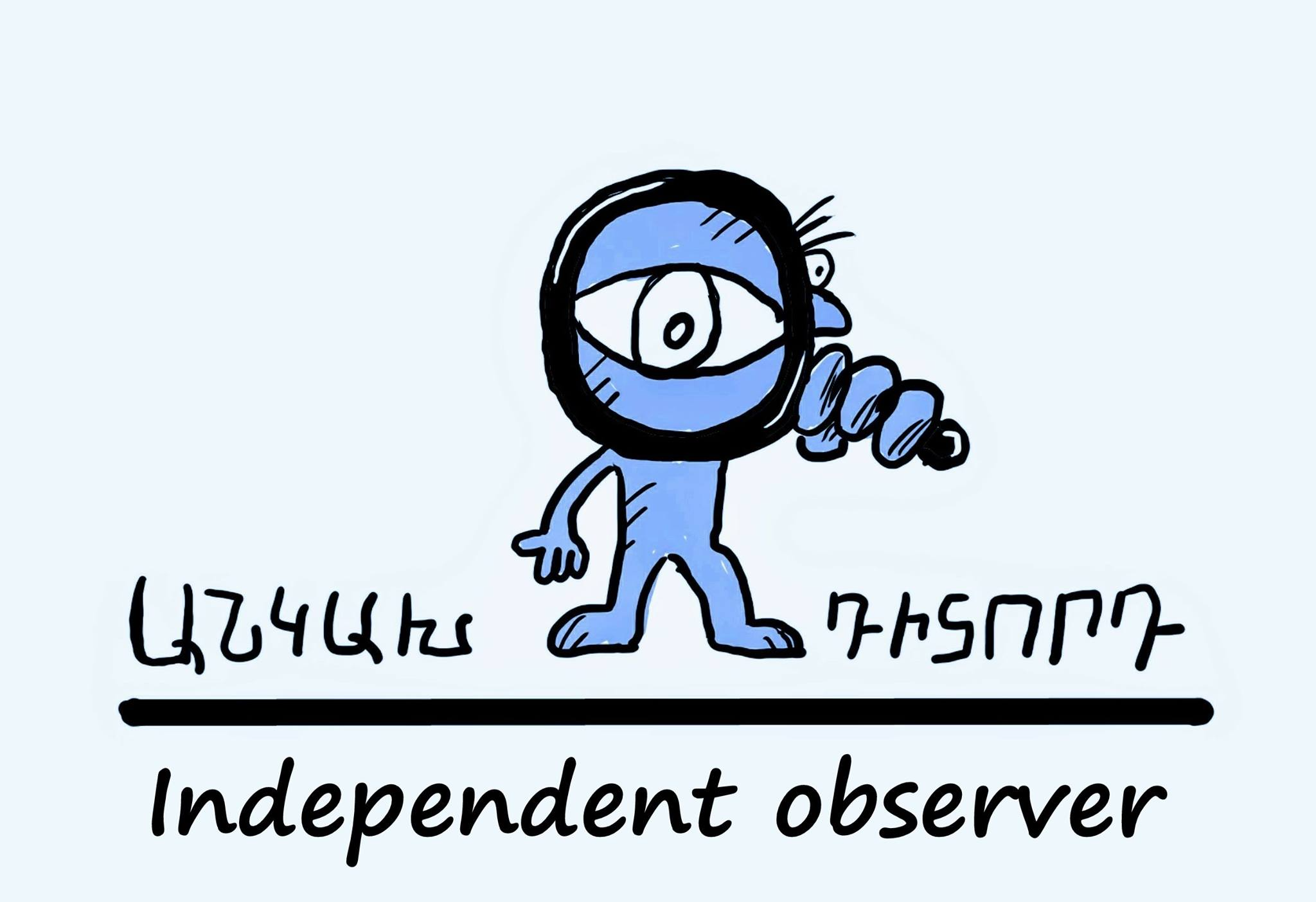




New research from Transparency International warns of high corruption risk in defence sectors across Central and Eastern Europe
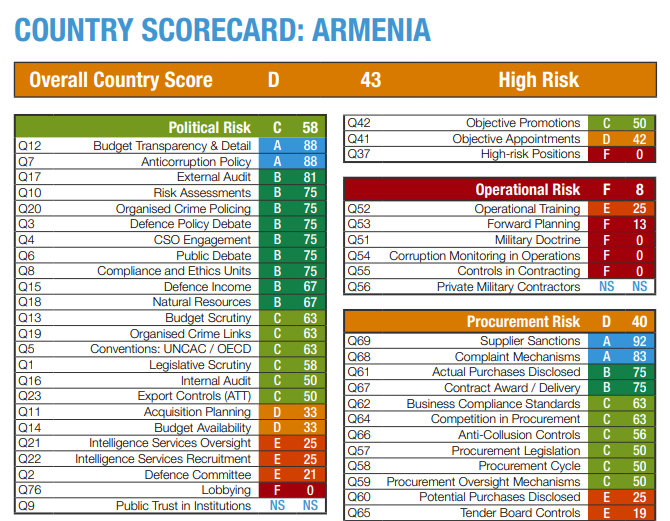
On December 9, the International Anti-Corruption day Transparency International published an extensive research on the actions to prevent corruption in Central and Eastern Europe’s (CEE) defence sectors.
Transparency International’s Government Defence Integrity Index (GDI) is the first global analysis of the existence, effectiveness and enforcement of institutional and informal controls to manage the risk of corruption in defence and security institutions. GDI finds more than half of the 15 countries assessed in the region face a high risk of corruption in their defence and security sectors.
The research identifies region-wide issues which provide fertile ground for corruption and the deterioration of governance. These include weak parliamentary oversight of defence institutions, secretive procurement processes that hide spending from scrutiny, and concerted efforts to reduce transparency and access to information.
The GDI provides a detailed assessment of the corruption risks in national defence institutions by scoring each country out of 100 across five key risk areas: financial, operational, personnel, political, and procurement.
Five key themes identified that are increasing corruption risk across the region, include
Weak parliamentary oversight
Parliamentary oversight of defence is a key pillar in enforcing transparency and accountability but only two of the 15 countries we assessed have retained truly robust parliamentary oversight.
CEE regional average score: 51/100 (Moderate risk)
Best performers: 1) Latvia: 94/100 (Very low risk); 2) Lithuania: 83/100 (Very low risk)
Worst performers: 1) Azerbaijan 12/100 (Critical risk); 2) Hungary 27/100 (Very high risk)
Opaque procurement processes
Allowing companies to bid for defence contracts helps reduce the opportunities for corruption and ensure best value for taxpayers, but our analysis highlights that open competition in this area is still the exception rather than the norm.
CEE regional average score: 47/100 (High risk)
Best performers: 1) North Macedonia 82/100 (Low risk); 2) Estonia: 74/100 (Low risk)
Worst performers: 1) Azerbaijan 8/100 (Critical risk); 2) Hungary 14/100 (Critical risk)
Attacks on access to information regimes
Access to information is one of the basic principles of good governance, but national security exemptions and over-classification shield large parts of the defence sector from public view.
CEE regional average score: 55/100 (Moderate risk)
Best performers: 1) Georgia, Latvia, North Macedonia, Poland 88/100 (Very low risk);
2) Lithuania: 75/100 (low risk)
Worst performers: 1) Azerbaijan 13/100 (Critical risk); 2) Hungary 25/100 (Very high risk)
To make real progress and strengthen the governance of the defence sector in the region, Transparency International calls on governments across the region to:
-Respect the independence of parliaments and audit institutions and provide them with the information and time they need to perform their crucial oversight role.
-Overhaul their procurement systems to ensure more competition and transparency.
-Guarantee transparent and effective access to information and implement a clear rationale on the use of the national security exception, as well as transparency over how the rationale is applied.





